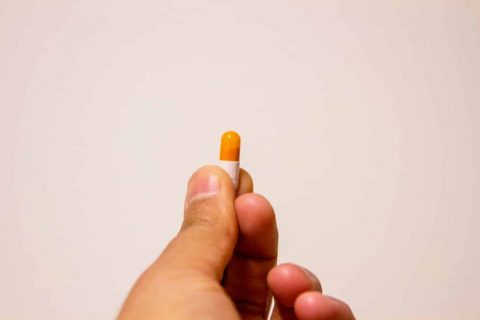How to Put Yourself First in Recovery

Addiction recovery is a challenging journey and an opportunity to rediscover yourself and build a healthier, more fulfilling life. One vital component of this process is self-care.
In this blog post, we’ll explore what self-care is and how to put yourself first in recovery!
Contact ARC today to learn more about our top-rated drug and alcohol treatment center in Davie, FL.
What is Self-Care?
Self-care intentionally maintains or improves one’s physical, emotional, and mental well-being.
It’s about recognizing your own needs and taking the time to address them in a healthy way.
Self-care can take many forms, from engaging in hobbies and activities you enjoy to ensuring you get enough sleep and eat a balanced diet.
In addiction recovery, self-care involves prioritizing your well-being as you work towards sobriety.
This includes developing healthy coping mechanisms, managing stress, and seeking support when needed.
The Benefits of Self-Care in Recovery
Incorporating self-care into your substance abuse recovery plan can have many benefits, including:
Improved Mental Health
Addiction often co-occurs with mental health issues such as depression, anxiety, and trauma.
Self-care can help reduce symptoms of these conditions and improve overall mental well-being.
Reduced Risk of Relapse
Engaging in self-care activities can help you develop healthy coping skills, making it less likely that you’ll turn to substances as an escape or relief.
Increased Self-esteem
Your self-esteem can grow as you prioritize your well-being and start seeing improvements in your life.
This can help you feel more empowered and confident in your ability to maintain sobriety.
Enhanced Physical Health
Many self-care practices, such as exercise and proper nutrition, improve physical health.
In turn, better physical health can support your recovery and make it easier to resist cravings or triggers.
Stronger Relationships
Practicing self-care can help you become more in tune with your needs and emotions, making communicating and connecting with others easier.
This can lead to stronger, more supportive relationships crucial for long-term recovery success.
How Self-Care Works Alongside Other Treatment Methods
Self-care is not a standalone treatment for addiction; it’s a complementary practice that supports and enhances other evidence-based treatment methods.
Let’s look at how self-care can work alongside these approaches:
Medication-Assisted Treatment (MAT)
For some individuals, MAT is an essential component of their recovery plan.
By engaging in self-care activities, you can support the effectiveness of medications by maintaining a healthy lifestyle and managing stress.
Therapy
Many therapy modalities used in addiction treatment, such as cognitive-behavioral therapy (CBT) and dialectical behavior therapy (DBT), involve learning new coping skills and strategies for managing emotions.
Self-care practices can be incorporated into these therapeutic techniques, helping to reinforce the skills you learn in therapy.
12-Step Programs
Self-care can complement the principles of 12-step programs like Alcoholics Anonymous (AA) and Narcotics Anonymous (NA).
For example, the concept of “HALT” (Hungry, Angry, Lonely, Tired) encourages individuals to address their basic needs before they become triggers for relapse.
Holistic Treatments
Many addiction treatment centers now offer holistic therapies, such as yoga, meditation, and acupuncture.
These practices often align with self-care principles, promoting overall wellness and helping to manage stress, anxiety, and cravings.
Here are some ideas for incorporating self-care into your addiction recovery plan:
Create a Routine
Establishing a daily routine can help you prioritize self-care and make it a consistent part of your life.
Include time for activities that promote physical, emotional, and mental well-being.
Engage in Activities You Enjoy
Find hobbies or activities that bring you joy and fulfillment.
Engage in activities that bring you joy and relaxation, like painting, hiking, or playing an instrument. Whatever it may be, indulge.
Prioritize Sleep
Getting enough quality sleep is essential for overall well-being.
Create a sleep-friendly environment, establish a bedtime routine, and avoid caffeine and screens before bed to improve your sleep habits.
Stay Connected with Supportive People
Build a support network of friends, family, and peers in recovery who understand your journey and can provide encouragement and guidance.
Incorporate Mindfulness Practices
Mindfulness practices, such as deep breathing exercises and meditation, can help reduce stress, improve focus, and enhance emotional regulation.
Atlantic Recovery Center is Here to Support You in Your Journey
Self-care is vital to addiction recovery, providing many benefits for your physical, emotional, and mental well-being.
Put yourself first in recovery and take the time to prioritize self-care.
Our residential inpatient drug rehab in South Florida is committed to providing a safe, supportive environment that allows you to focus on your physical health and emotional well-being.
Our team of compassionate professionals is dedicated to helping you find the tools and resources you need for lasting recovery success.
Contact us today to learn more about our program and how you can begin caring for yourself.





